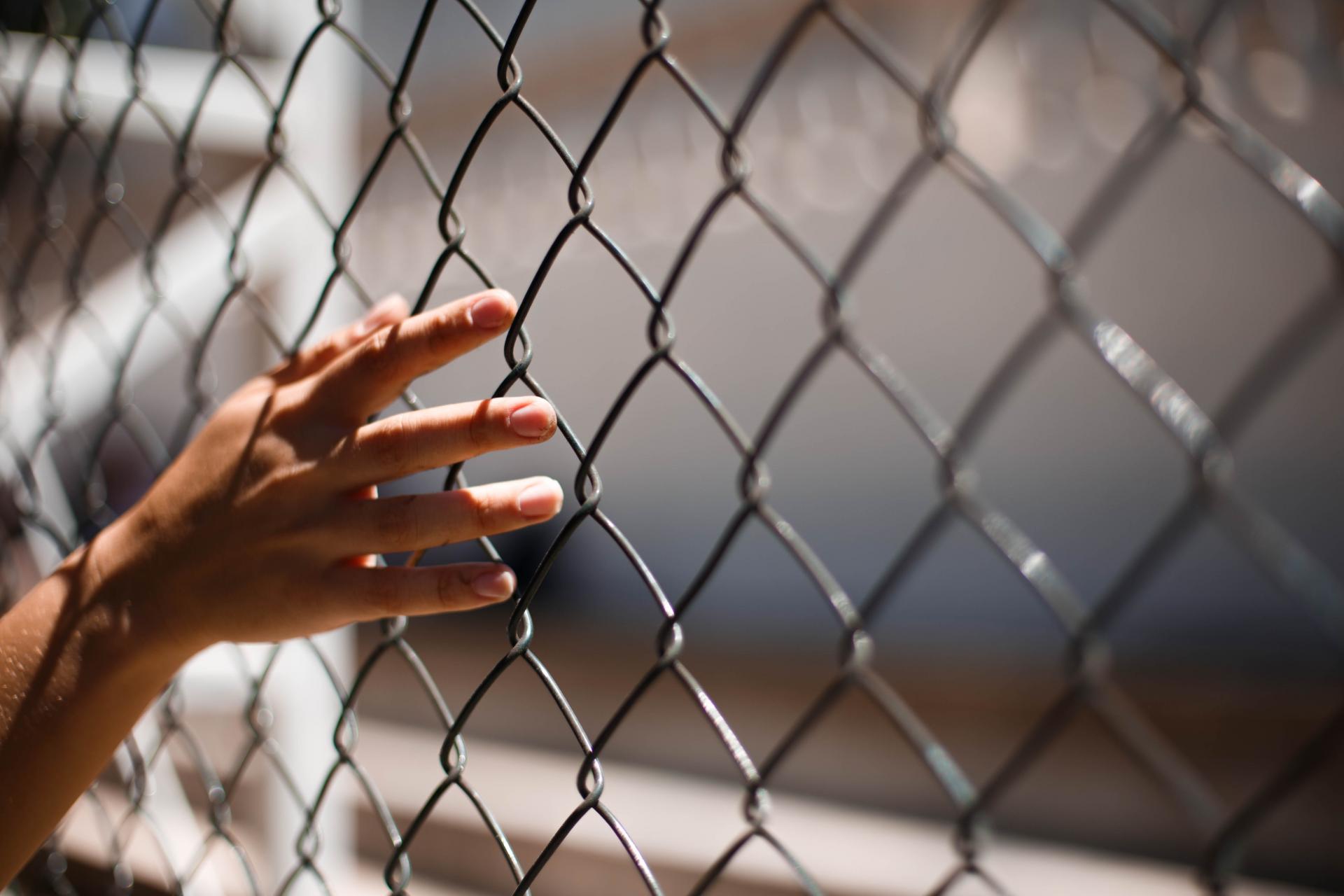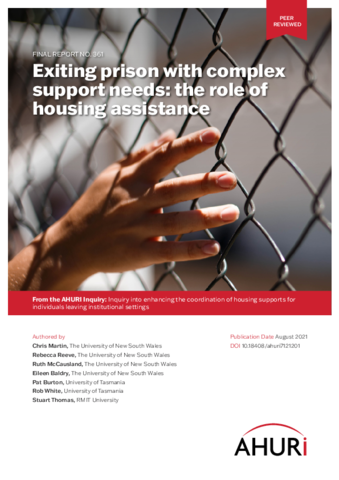This research examined policies and programs relevant to housing ex-prisoners with complex support needs in NSW, Victoria and Tasmania, including what criminal justice costs and benefits result from current housing assistance settings.
There were approximately 65,000 releases from prison in 2019, and one in seven of these resulted in a request for assistance from a specialist homelessness service. Ex-prisoners have been the fastest growing client category for specialist homelessness services (SHS) over the past decade. One-third of prison entrants were previously homeless, with 28 per cent living in short-term or emergency accommodation and 5 per cent sleeping rough or in improvised shelter in the four weeks prior to entering prison. In addition, 40 per cent of prisoners in 2018 had been diagnosed at some point with a mental health condition.
The research identifies two key points: the first is the shortage of accommodation options available to prisoners after release; the second point is that the large majority of people leaving prison have complex support needs with significant histories of abuse, neglect, trauma and institutionalisation. These factors lead to significant challenges with respect to reintegrating clients with the community and preventing them from offending.
When people who leave prison are allocated public housing they report a 8.9 per cent per year reduction in police incidents; court appearances down 7.6 per cent per year; and justice costs per person down $4,996 initially, then a further $2,040 per year.


